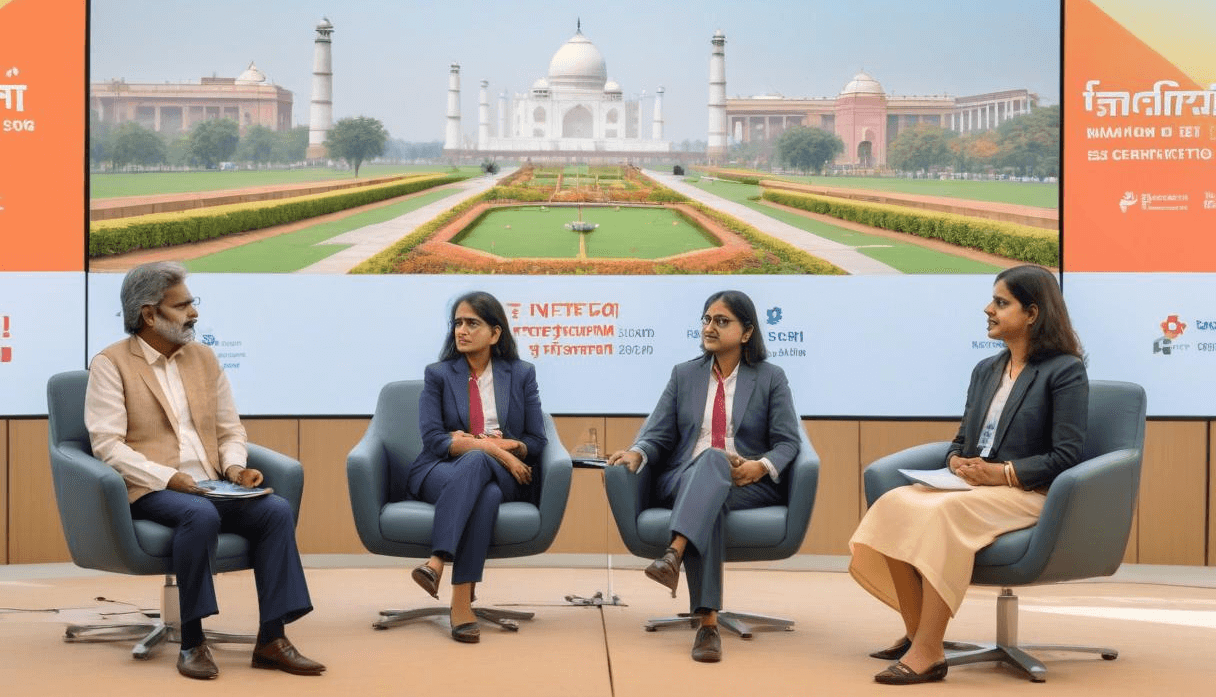Government's Policy Measures to Support India’s Fintech Sector

India’s fintech revolution has been a cornerstone of the country’s digital transformation. With over 11,000 fintech startups, a rapidly growing user base, and record-breaking digital payment volumes, India is now a global fintech powerhouse. Behind this success lies a strategic framework of government policy measures, regulatory support, and public-private collaboration designed to encourage innovation, inclusion, and investment in the sector.
In 2025, the Indian government continues to double down on its commitment to the fintech ecosystem with proactive policies, enabling regulations, and financial incentives aimed at nurturing a resilient and globally competitive fintech industry.
Key Policy Measures Fueling Fintech Growth
- Unified Payments Interface (UPI) Ecosystem Development
The UPI has been at the heart of India’s fintech surge. The government, through NPCI (National Payments Corporation of India), has actively:
- Supported zero MDR (Merchant Discount Rate) to promote adoption among small merchants.
- Facilitated interoperability and open banking principles.
- Pushed UPI Lite, UPI Credit Line, and international UPI corridors to broaden reach and utility.
In Budget 2023 and 2024, the government allocated over ₹2,000 crore to support UPI and RuPay-based payment acceptance infrastructure.
Digital Public Infrastructure (DPI) Framework
India Stack—comprising Aadhaar, eKYC, DigiLocker, and Account Aggregator (AA)—has become the gold standard for enabling secure, scalable digital financial services.
Key developments:
- Expansion of Account Aggregator Framework to help fintechs access and analyze user financial data securely.
- Integration with Open Credit Enablement Network (OCEN) to boost digital lending to MSMEs.
- Unified Health Interface (UHI) and ONDC (Open Network for Digital Commerce) offer new avenues for fintech innovation.
Financial Inclusion Initiatives
The government’s focus on Jan Dhan Yojana, direct benefit transfers (DBTs), and PM SVANidhi has created a massive user base at the bottom of the pyramid, unlocking new fintech opportunities.
Fintechs are encouraged to:
- Build credit scoring tools for thin-file borrowers.
- Offer low-ticket insurance and savings products.
- Use AI/ML for underwriting, fraud detection, and personalized financial services.
Regulatory Sandboxes and Innovation Hubs
The Reserve Bank of India (RBI) and SEBI have introduced regulatory sandbox frameworks to allow fintechs to test new products with limited regulatory liabilities.
- RBI’s sandbox themes include cross-border payments, retail payments, MSME lending, and digital KYC.
- GIFT City Fintech Hub and IFSCA (International Financial Services Centres Authority) offer global platforms for experimentation.
Startup India & Digital India Missions
The government’s flagship Startup India scheme provides fintech startups with:
- Income tax benefits for 3 years
- Easier patent filings
- Self-certification under labor and environmental laws
- Access to ₹10,000 crore Fund of Funds
Meanwhile, Digital India pushes for digital literacy, internet access, and mobile connectivity—all critical to fintech success in rural and semi-urban areas.
Funding and Incentive Measures
- SIDBI Fund of Funds has backed over 650 startups, including several fintechs.
- PLI (Production-Linked Incentive) for IT hardware and electronics indirectly supports fintech hardware ecosystems like POS devices.
- Credit Guarantee Schemes for fintech-lending NBFCs help reduce risk on MSME and retail loans.
In 2025, the government is also considering a ₹1,000 crore dedicated fintech development fund—especially to support early-stage innovation amid funding challenges.
Data Privacy & Cybersecurity Focus
The passage of the Digital Personal Data Protection Act (DPDPA) 2023 ensures that fintechs adhere to global standards for data handling and user privacy.
In addition:
- The Indian Computer Emergency Response Team (CERT-In) works closely with fintechs on threat intelligence.
- New mandates on cloud usage, data localization, and AI ethics are being introduced with sectoral consultation.
International Outreach & Cross-Border Initiatives
India is extending its fintech diplomacy through:
- UPI tie-ups with countries like Singapore, UAE, France, Bhutan, and more.
- Bilateral agreements for fintech collaboration (e.g., with the UK and Japan).
- Participation in global fintech festivals and forums to attract FDI and strategic partnerships.
Outcome: A Thriving, Inclusive, and Resilient Ecosystem
Thanks to these policy measures:
- India is home to 27 fintech unicorns as of 2025.
- Over 480 crore UPI transactions occur monthly.
- MSME and rural digital lending have grown at 25%+ CAGR.
- Insurtech and wealthtech platforms are serving millions of first-time users.
Final Word
The Indian government’s multi-faceted support has created a fintech ecosystem that’s inclusive, robust, and future-ready. As new technologies like AI, blockchain, CBDCs, and embedded finance reshape the financial landscape, continued policy innovation and collaboration will be vital.
India's fintech story is far from over—it's just entering its most impactful chapter yet.
Recent post
Take Fintegriti for a Test Drive
No License Required!
Still on the fence? Hop in and experience payments so smooth,
even your morning coffee will be jealous



